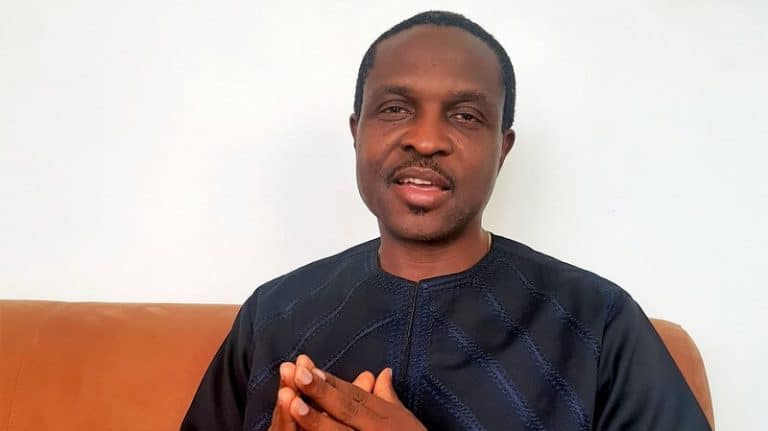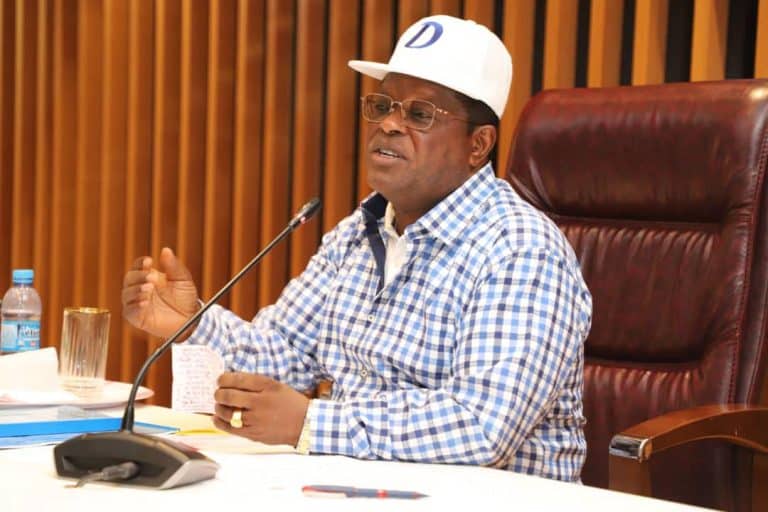Fresh details have emerged on why President Bola Tinubu dismissed Fegho Umunubo, Special Assistant on Digital and Creative Economy attached to Vice President Kashim Shettima. Presidency insiders revealed that Umunubo was linked to multiple cases of fraud in the creative industry, allegedly using his position to strike questionable sponsorship agreements that never materialized.
According to reports, Umunubo lured filmmakers and creatives with promises of government-backed funding and promotional support, pledging financial commitments under the guise of his official office. One of the most prominent cases involved author Arese Ugwu, creator of The Smart Money Woman series.
Documents obtained by Premium Times reportedly showed that Umunubo signed an agreement pledging ₦10 million sponsorship for the premiere and marketing of Lara Unlimited, a spin-off of Ugwu’s work. The deal also gave the presidency’s digital economy office wide-ranging promotional rights, including branding on event backdrops and posters, a 30–45 second advert before screenings, podcast features, and influencer shoutouts. However, the promised support was never delivered.
On August 30, Ugwu went public with her grievances in a post on Instagram, accusing Umunubo of fraud. She stated that her complaint was not simply about the unpaid ₦10 million but about what she described as a broader pattern of deception tied to larger funds that had been dangled before stakeholders in the creative sector.
“Just so it’s clear that I’m not crashing out over ₦5 million naira as Fegho Umunubo would like you to believe. He owes me ₦10 million, but this is about something bigger,” she wrote. Ugwu alleged that Umunubo misled her by referencing funds of $617 million and ₦5 billion, using them as leverage while signing unauthorized agreements on behalf of the Vice President’s office.
Presidency sources suggested that Ugwu’s case was not isolated. One insider claimed that Umunubo scammed multiple people in the creative industry, repeatedly exploiting his proximity to power to secure deals and commitments that never materialized. The allegations reportedly raised serious concerns within the administration about reputational damage and credibility in the sector.
Although Umunubo was quietly relieved of his duties in August, he continued to present himself publicly as a presidential aide. This development prompted the State House to issue a formal announcement on Monday, confirming his disengagement and warning stakeholders against conducting any business with him.
The notice, signed by Abiodun Oladunjoye, Director of Information at the State House, stated: “Kindly note that he no longer represents this administration in any capacity. Henceforth, anyone who interfaces with him in the name of President Tinubu’s administration does so at his or her own risk.”
The presidency’s decision to go public was seen as an effort to draw a clear line between Umunubo’s alleged fraudulent activities and the current administration. By distancing itself from his actions, the government aimed to reassure stakeholders in the creative sector of its commitment to integrity and accountability.
The revelations have sparked fresh debate about the need for tighter oversight of aides and appointees operating within sensitive industries. Observers argue that while the creative economy remains a key focus of the Tinubu administration, the credibility of government-backed initiatives depends heavily on ensuring that those tasked with implementation act transparently and within their mandates.
For now, Umunubo’s dismissal underscores the administration’s resolve to address misconduct within its ranks. However, questions remain over whether affected parties, including filmmakers and entrepreneurs allegedly misled by his actions, will pursue legal redress or compensation. The episode has also raised concerns about how quickly individuals in government positions can leverage access to power to exploit vulnerable sectors if robust monitoring mechanisms are not in place.





